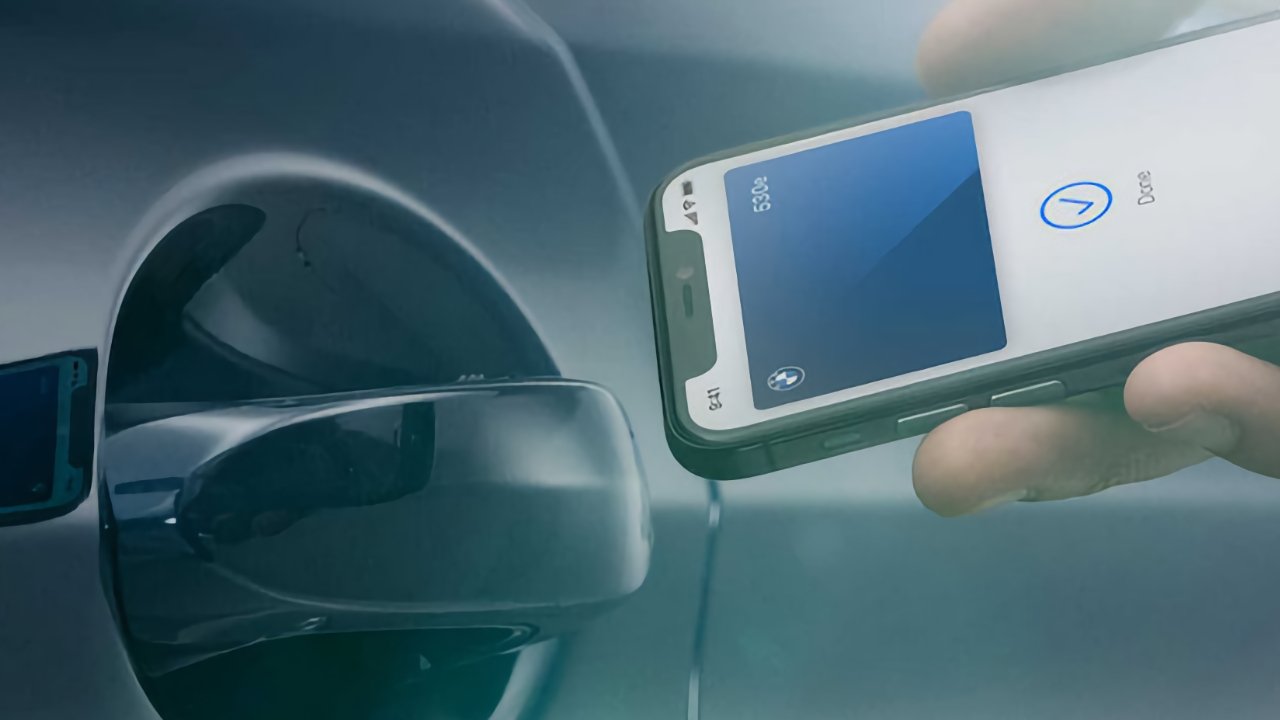Unlocking the Future: Comprehensive Guide to Apple Car Key-Compatible Vehicles
Article Text:
Apple’s Car Key feature transforms your iPhone into a digital car key, enabling you to unlock, start, and share your vehicle without the need for a physical key fob. This innovative technology, introduced at Apple’s Worldwide Developers Conference (WWDC) in June 2020, aims to streamline the driving experience by integrating vehicle access into the Apple ecosystem.
Introduction to Apple Car Key
Since its debut, Apple Car Key has been designed to replace traditional car keys with a digital alternative stored securely in the Apple Wallet app. Utilizing Near Field Communication (NFC) and, in later iterations, Ultra-Wideband (UWB) technology, Car Key allows users to perform various functions:
– Locking and Unlocking: Approach your vehicle with your iPhone or Apple Watch to automatically unlock the doors.
– Starting the Engine: Once inside, place your device on a designated area, such as a wireless charging pad, to start the engine.
– Sharing Access: Share digital keys with family or friends via iMessage, granting them temporary or permanent access to your vehicle.
One of the standout features is the ability to share digital keys remotely. This functionality is particularly useful for lending your car to others without the need for physical key exchanges. Additionally, users can revoke access at any time through iCloud, enhancing security and control.
Evolution and Expansion
Initially, BMW was the sole manufacturer to support Apple Car Key, starting with the 2021 BMW 5 Series. Over time, the list of compatible vehicles has expanded significantly. At WWDC 2025, Apple announced the addition of 13 new brands, including Cadillac, Porsche, and Smart, to the Car Key ecosystem. This expansion reflects a growing industry trend towards digital integration and user convenience.
Comprehensive List of Apple Car Key-Compatible Vehicles
As of October 2025, the following manufacturers and models support Apple Car Key:
Audi:
– 2025 A5
– 2025 Q5
– 2025 SQ5
– 2025 A6
– 2025 S6
– 2025 Q6
– 2025 SQ6
BMW:
– 2021–2024 1 Series
– 2021–2024 2 Series
– 2021–2024 3 Series
– 2021–2024 4 Series
– 2021–2024 5 Series
– 2021–2024 6 Series
– 2021–2024 8 Series
– 2021–2024 X5
– 2021–2024 X6
– 2021–2024 X7
– 2021–2024 X5 M
– 2021–2024 X6 M
– 2021–2024 Z4
– 2022–2024 i4
– 2022–2024 iX
– 2022–2024 iX1
– 2022–2024 iX3
– 2023 i3
– 2023–2024 i7
– 2024 i5
Genesis:
– 2023–2024 GV60
– 2023–2024 G90
– 2024 G70
Hyundai:
– 2023–2024 Palisade
– 2023–2024 IONIQ 6
Kia:
– 2023–2024 Telluride
– 2023–2024 Niro
– 2024 Seltos
– 2024 EV9
Lotus:
– 2024 Eletre
– 2024 Emeya
Mercedes-Benz:
– 2024 E-Class
Mini:
– 2024 Aceman
– 2024 Cooper (3-door) C/S
– 2023 Cooper (3-door) E/SE
– 2024 Cooper (5-door)
– 2023 Countryman
Polestar:
– Polestar 3 (all models)
– Polestar 4 (all models)
Ram:
– 2025 RAM 1500
Volvo:
– 2024 EX30
– 2024 EX90
Technological Advancements and User Experience
Apple Car Key leverages NFC technology to facilitate secure communication between your device and the vehicle. With the introduction of the U1 ultra-wideband chip in newer iPhone models, users can unlock and start their cars without removing the device from their pocket or bag, enhancing convenience.
Keys are stored within the Apple Wallet app and can be set to Express Mode, allowing for quick access without the need for Face ID or a passcode. Notably, Car Key remains functional for up to five hours after your iPhone’s battery has depleted, ensuring access in critical situations.
Security and Control
Security is a paramount concern with digital keys. Apple’s implementation includes several safeguards:
– Remote Management: Users can revoke or share access to their vehicle remotely via iCloud, providing control over who can access the car.
– Access Limitations: While initial announcements included features like setting maximum speed limits for secondary users—a feature beneficial for monitoring teen drivers—these functionalities have yet to be implemented.
Future Prospects
The automotive industry’s shift towards digital integration suggests that more manufacturers will adopt Apple Car Key in the coming years. The collaboration between Apple and various carmakers indicates a shared commitment to enhancing user convenience and security through technology.
Conclusion
Apple Car Key represents a significant step towards the digitalization of everyday objects, offering a seamless and secure method to access and control vehicles. As compatibility expands across more models and manufacturers, users can anticipate a future where their iPhone or Apple Watch serves as the central hub for their automotive needs.



